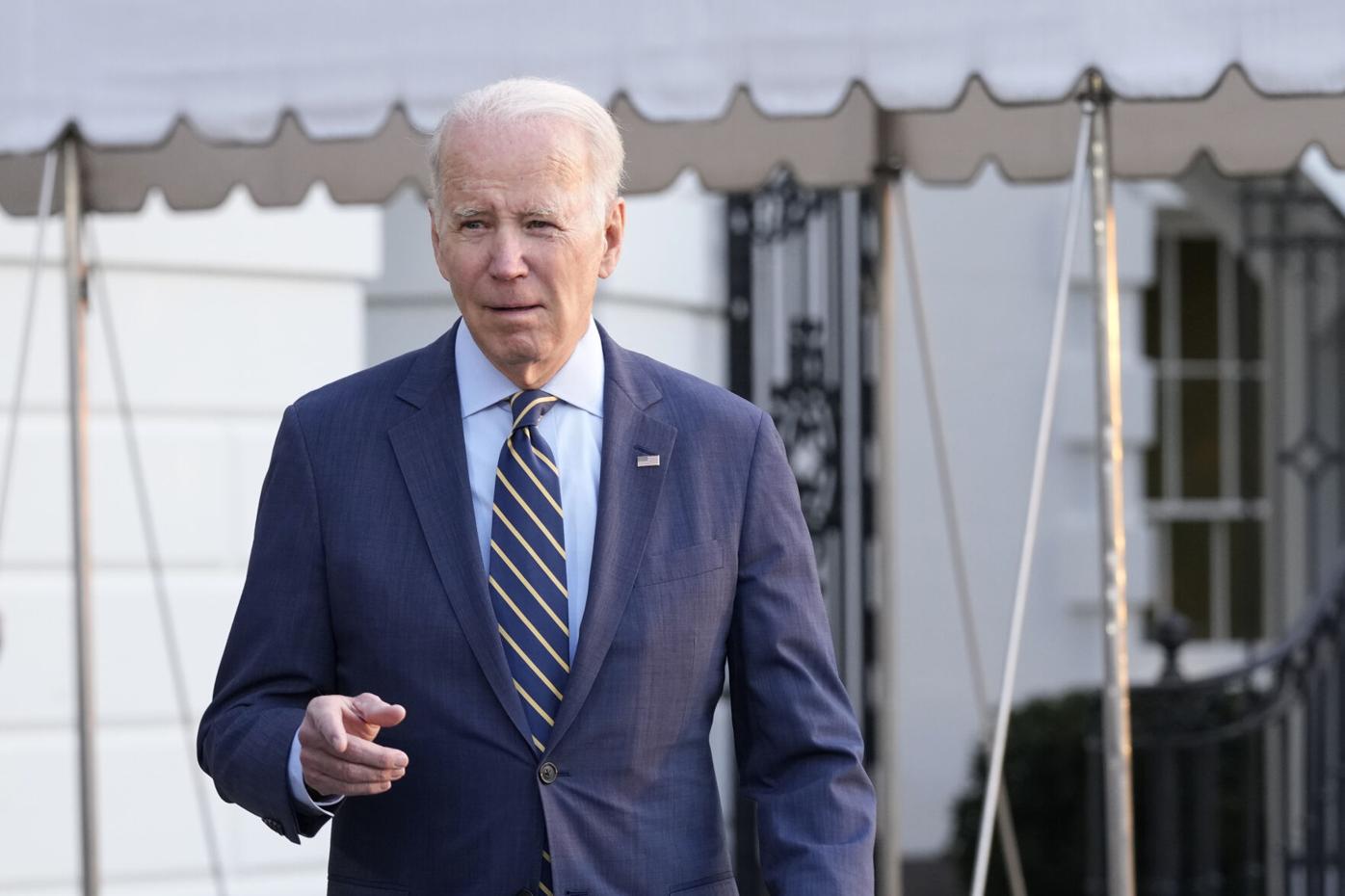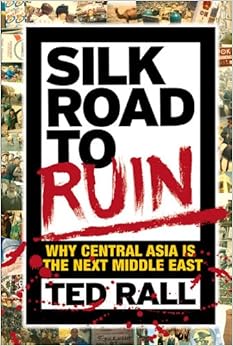As the 2024 presidential campaign begins in earnest, political cartoonist Ted Rall, (from the Left) and Scott Stantis (from the Right) dig into what looks like an 1892-style political rematch, between former and possibly future President Donald Trump, and current President Joe Biden.
Trump appeared on CNN for the first time since 2016, at a raucous town hall meeting that received widespread criticism from liberals and their mainstream media allies. He advised congressional Republicans to be willing to risk default in the debt-limit crisis, signaled that he would reduce or eliminate military aid to Ukraine, and made fun of Jean Carroll, the columnist who won $5 million from a jury that found him liable for sexual battery and defamation. Trump is just Trump being Trump as usual, but what else did we expect? The question now is, will old Trump 2016 win, or will old Trump 2020 lose?
The Republican-controlled House oversight committee has its sights set firmly on the current president, Joe Biden, the First Lady and other members of his family. The first family acquired $13 million from unknown sources a few years ago, and Hunter Biden’s infamous laptop seems to indicate that the money may have originated from covert and corrupt sources in places like Romania, Uzbekistan, Ukraine and China. If the president really accepted bribes and kickbacks from foreign countries, this could be the biggest scandal in American presidential history.
Columbia University announced the winners of the Pulitzer Prizes earlier this week, and with all such pomposity, there’s a lot less than meets the eye to the proceedings. Scott and Ted dish on everything you need to know about how this particular sausage is made, as well as the self-dealing and conflicts of interest on a staggering scale.
Watch the Video Version of the DMZ America Podcast:
DMZ America Podcast Ep 101 Sec 1: Trump Returns
DMZ America Podcast Ep 101 Sec 2: Biden’s Brewing Scandals
DMZ America Podcast Ep 101 Sec 3: Behind the Pulitzers



